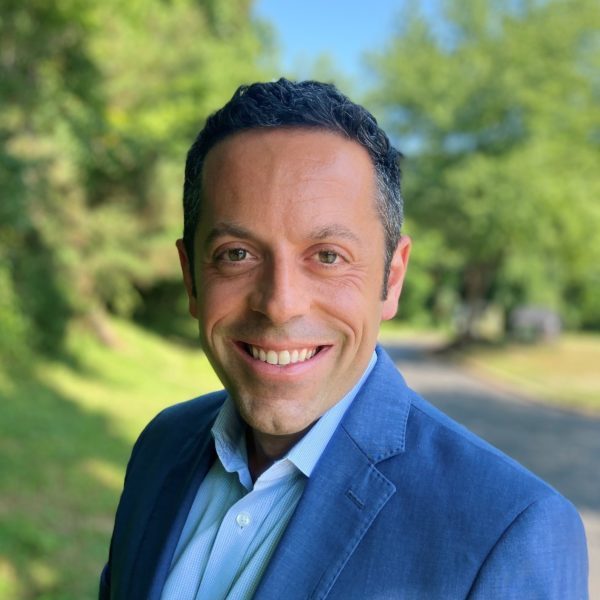“Fraternal correction is one of the highest expressions of love, and also one of the most demanding.”
– Pope Francis
I was recently facilitating for a group of people and did what I usually do: I referred to the local diocese as the “Church of X.” After finishing what turned out to be a fruitful day, I was cleaning up the space as participants left. Several stopped to say thank you, and as I came around to collect supplies from tables where people still lingered, I did the same. As I came to one table where I thanked the ladies who had participated, one said, “I’m sure you get unsolicited feedback all the time.” “Here we go,” I thought to myself as I maintained a full smile. “It’s the Church in X not of X” she continued. Typically, I’d just say, “thank you” and move on, but on this note, I had so many years of hearing others say it, including leaders of the Church, that I kindly pushed back with all my pastoral experience (that it was probably just semantics). She kindly in turn persisted and explained that it was the “one, holy, Catholic Church in this part of the world.” I said a little smugly that I would promise to change my prepositions going forward.
As I drove home, I found myself frustrated, but not sure why. It had been a good day and the woman who offered me the prepositional feedback wasn’t rude in the least. In fact, the more I thought about it (and maybe even consulted scripture at a rest stop) she was probably right. So, what was the problem? Thankfully I had a long drive and, as I approached home, I also approached the answer. It bothered me that something I had accepted and incorporated for a long time, even as seemingly insignificant as a preposition, might not be right. And now that I knew it, I had to make a choice: “of” or “in.” If her rationale was true and I chose to stay in my error, maybe others wouldn’t notice, but I would know. If I chose to change, there’d be so many edits to emails, letters, and PowerPoints in my future.
I couldn’t help but wonder where else in life, leadership, and discipleship I might be reluctant to accept correction, not because I’m ignorant of what’s right, but rather because I’m too proud and/or lazy to own the implications of the truth. Do I use whatever intelligence God gave me to rationalize what I want to be true or seek out the truth? Am I open to having my conscience formed and owning the responsibility that comes with free will?
In and of itself, perhaps the preposition isn’t that important, but I thought that if I was struggling with stubbornness in even a small edit, maybe there are some larger ones I’m refusing to make. As we continue to author our respective responses to discipleship in the Lord, let’s remember He may, from time to time, send us some editors to improve the story.
CLI serves Church leaders, helping them rediscover their potential and forming them to be more intentional with those they serve.
CLI helps empower and energize Catholic leaders by providing focus and courage to engage the culture with an apostolic mindset.
CLI provides vision and hope about the future of the Church with a humble, yet strategic approach.



